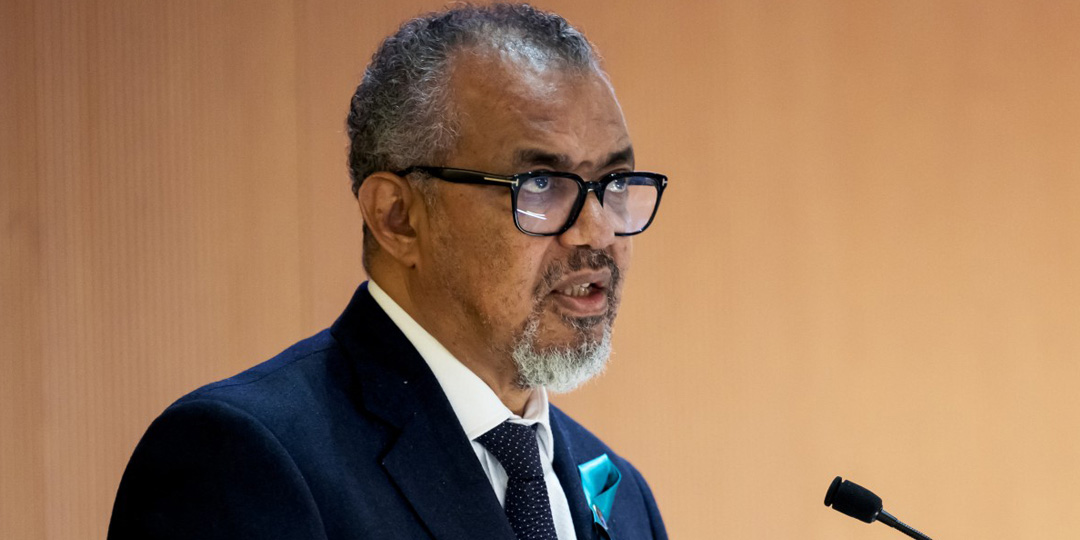The World Health Organization rejected Wednesday US accusations that changes agreed last year to the rules governing the international response to pandemics and other health emergencies violated Washington’s national sovereignty.
“Our job is to provide evidence-based recommendations and guidelines, and to support countries to protect and improve the health of their populations,” WHO chief Tedros Adhanom Ghebreyesus told reporters.
“But how or whether countries implement that advice has always been and always will be up to them, based on their national guidelines and rules.”
In 2024, the WHO’s 194 member states approved by consensus a range of amendments to the International Health Regulations (IHR), which were first adopted in 1969.
The changes were deemed necessary after the Covid-19 pandemic exposed flaws in the system, with countries failing to jolt into action when the United Nations health body sounded the regulations’ highest available alarm in January 2020.
The amended rules introduced a new, higher “pandemic emergency” level of alarm, aimed to kick in before a full-blown pandemic develops, spurring member states to take “rapid” coordinated action.
But last week, US President Donald Trump’s administration, which is in the process of withdrawing from the WHO itself, rejected the amendments.
US Secretary of State Marco Rubio and Health Secretary Robert F. Kennedy said that the changes “risk unwarranted interference with our national sovereign right to make health policy”.
“We will put Americans first in all our actions and we will not tolerate international policies that infringe on Americans’ speech, privacy or personal liberties,” they said in a joint statement.
Tedros stressed that the amendments were “proposed, negotiated and adopted by our member states”.
“WHO has no authority to tell countries what to do. We cannot impose travel bans, lockdowns, vaccine mandates or any other type of measure. Nor do we seek to,” he insisted.
“That is clearly laid out in our founding document, the WHO Constitution.”
The WHO’s chief legal officer Steven Solomon meanwhile told the press conference that “less than a handful” of countries had rejected the amendments ahead of a July 19 deadline.
“It’s now clear that the 2024 IHR amendments will apply to the overwhelming majority of the 196 countries that are party to the IHRs,” he told the press conference.
rjm-nl/sbk
© Agence France-Presse








